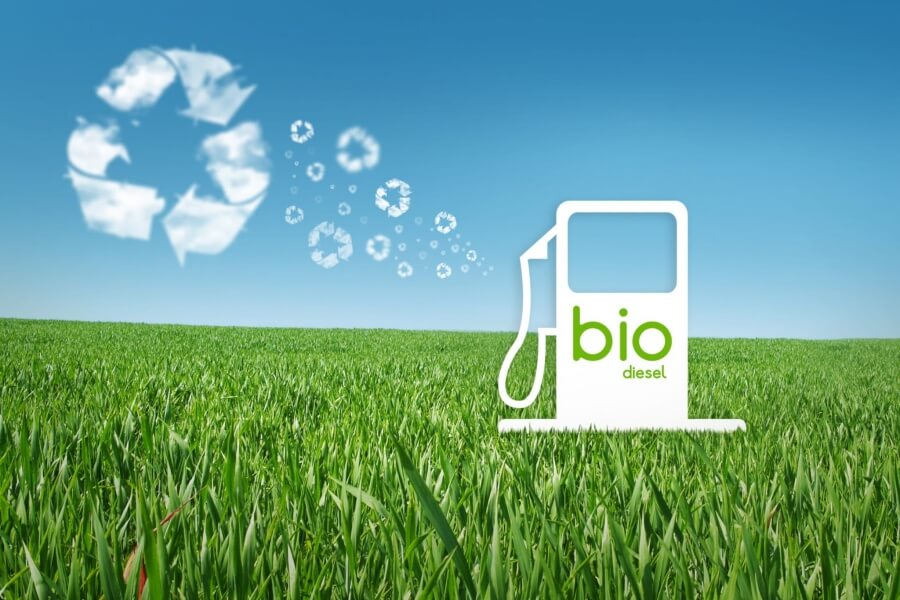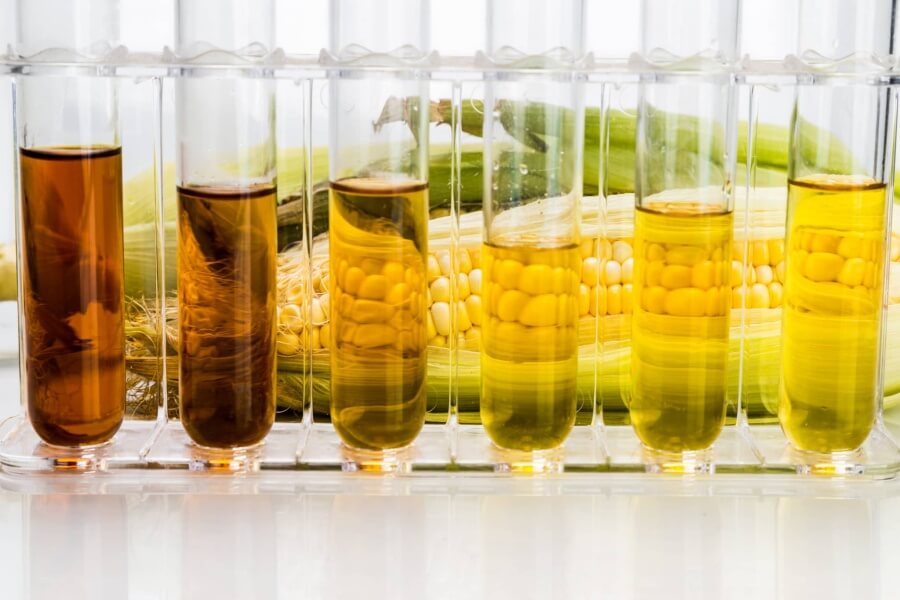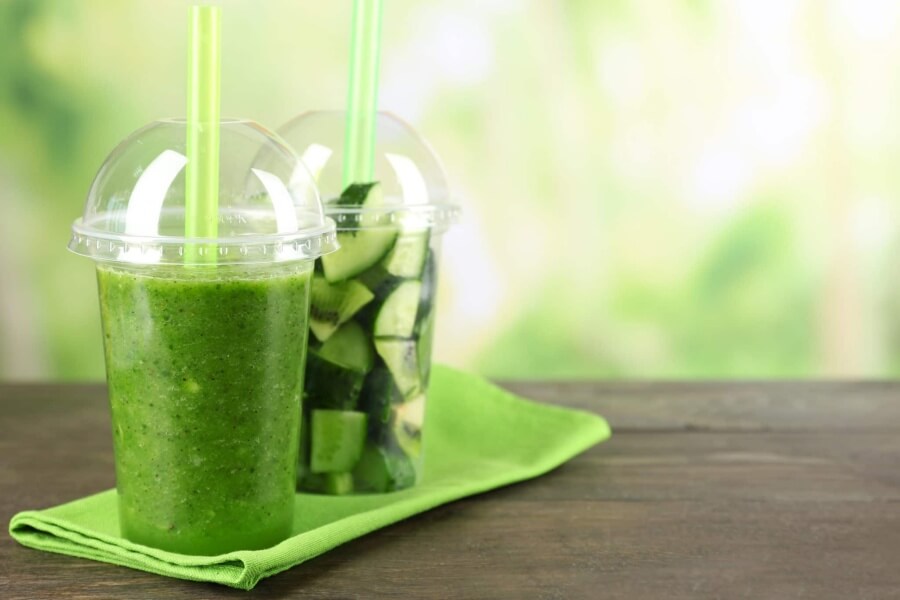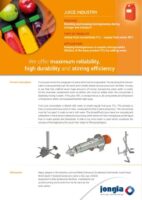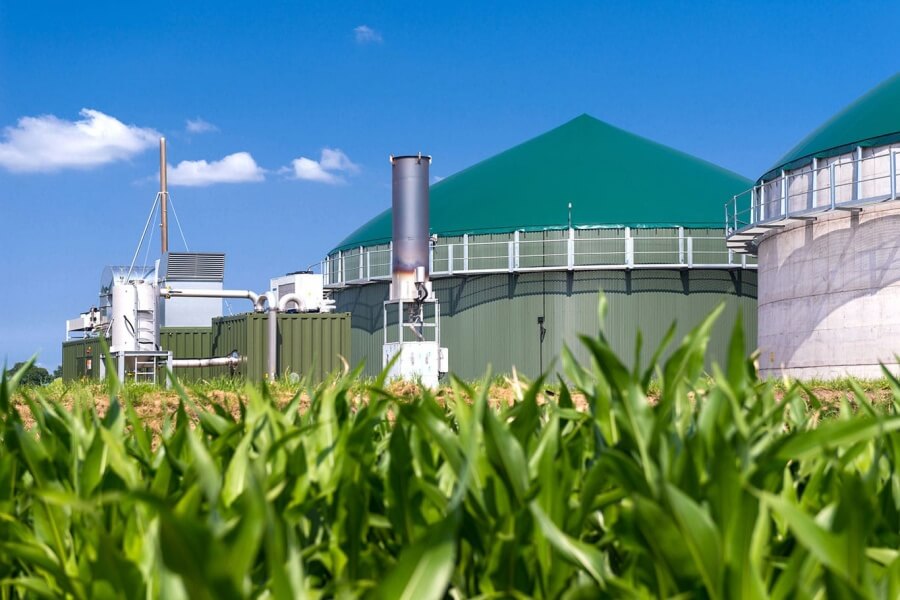
Biodiesel
Biodiesel is a renewable, biodegradable alternative fuel made from a blend of modified vegetable oil and diesel fuel. Biodiesel is much better for the environment as regular fuels.

We aim for maximum performance at lowest TCO

Biodiesel usage
Biodiesel is rarely used in its pure form. Currently, you see very much biodiesel based on regular diesel. In America, many vehicles use B20 diesel, which is diesel that contains between 6-20% of biodiesel with the rest being regular diesel. Biodiesel is good for the introduction of sustainable fuel, by using vegetable oil, among other things, it makes the fuel sustainable.
The production cost of biodiesel is about the same as petroleum. Government incentives have helped keep market prices competitive. Federal standards for low-sulfur diesel have also boosted biodiesel.
Biodiesel market trends
The global biodiesel market was valued at USD 32.09 billion in 2021 and is expected to grow at an annual growth rate of 10.0% 2030.
Increasing demand for biodiesel to replace traditional fossil fuels in power generation and automotive applications is expected to drive market growth. This is due to stricter regulations on regular diesel.
Because biodiesel contains over a lot of renewable resources and the use of biodiesel is very popular we also suspect that the market will only continue to grow.
There is a lot of demand for biodiesel in the auto industry this is because biodiesel emits less greenhouse gases given the climate developments so this is a very good outcome.
In March 2017, soybean oil was the largest feedstock for biodiesel production. This accounted for 360 million pounds of the total 857 million pounds of feedstock, followed by corn oil and canola oil. Developing countries such as India, China, Brazil and some EU countries, plan to replace 10 – 20% of total fossil fuels with biodiesel used in the transportation sector.
Frequently Asked Questions
What is biodiesel?
Biodiesel is a renewable and biodegradable alternative fuel made from modified vegetable oil and diesel fuel. It is considered environmentally friendly compared to regular fuels.
How is biodiesel commonly used?
Biodiesel is seldom used in its pure form. It is often mixed with regular diesel, such as B20, containing 6-20% biodiesel. This encourages the use of sustainable fuel.
What are the production costs of biodiesel?
The production cost of biodiesel is comparable to that of petroleum. Government incentives have helped keep prices competitive, while federal standards for low-sulfur diesel have encouraged its use.
How is the biodiesel market expected to grow?
The global biodiesel market, valued at USD 32.09 billion in 2021, is anticipated to grow at a 10.0% annual rate until 2030. This is driven by demand for biodiesel in power generation and automotive applications.
What feedstocks are used for biodiesel production?
As of March 2017, soybean oil was the primary feedstock, contributing 360 million pounds. Other sources include corn oil and canola oil, with developing countries aiming to replace 10-20% of fossil fuels with biodiesel in transportation.
Bio-Based Industry Contacts

Tom Pruymboom
Sales Director
Area Worldwide

Jan Siert Tjeerdsma
Project manager
Technical Specialist
Bio-based & Environmental – Related Articles

Artificial Intelligence and Machine Learning are Moving Up into Mixing Technology
In the ever-evolving landscape of industrial technology, artificial intelligence (AI) and machine learning (ML) are making significant strides in various sectors, including mixing technology. Jongia Mixing Technology is at the forefront of this revolution, integrating state-of-the-art sensor technology with advanced

Jongia Mixing Technology‘s Biogas Production program
Optimizing Biogas Production with Jongia’s Innovative Technology Jongia is leading the way in improving biogas production with its advanced mixing solutions. In the biogas industry, effective mixing is key to maximizing energy output, minimizing power consumption and optimizing system efficiency.
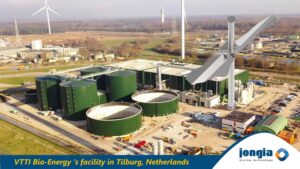
VVTI Biogas Tilburg
VTTI Biogas Tilburg is developing a new bio-energy facility, focusing on processing organic waste. The plant is expected to produce approximately 23 million cubic metres of biogas annually. A portion of this will be converted into green gas for the


